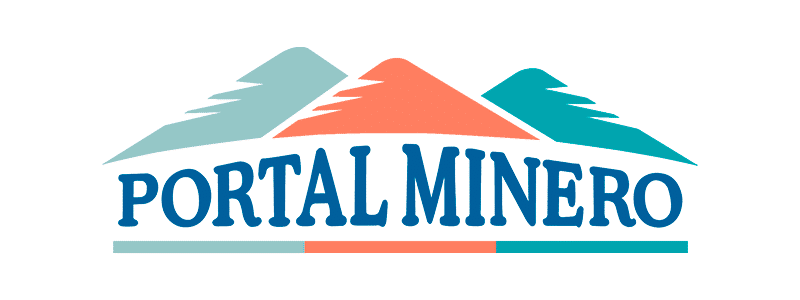The Economic Crimes Act is one of the major changes in criminal matters and therefore it will be necessary to review its crime prevention models and update them.
The new law on economic crimes represents an important challenge for all industries and mining is no exception. The new regulation focuses on prosecuting the so-called “collar and tie” crimes and punishes with more serious penalties when the crimes are committed by an executive worker, manager or director who occupies an intermediate or higher position in the corporate structure of the company. In view of this, it is essential for companies to promote an effective risk prevention model today.
Mining companies are partly on the right track, because the industry -in general- has a more developed compliance culture than other industries. However, it is important to be informed of the main aspects of this regulation and to adapt to this new law, especially when considering the main change related to activities that until now were sanctioned with administrative penalties, which will now mean the risk of a prison sentence for many.
In environmental matters, the new law establishes two types of offenses that are particularly relevant for mining: those directly related to environmental damage and those of serious pollution. The first refers to activities that could have an impact on the environment, such as, for example, not entering a project in the environmental evaluation system. Previously, this was only punishable by fines or other administrative sanctions. With the new law, if a project is knowingly not entered for evaluation, it could be considered a crime and those executives responsible for this could risk prison sentences.
In the case of serious pollution offenses, the new law penalizes the discharge of polluting substances or the extraction of water or components from the soil or subsoil that cause serious damage to the environment. A serious crime would be, for example, the discharge of polluting substances into water in the context of a mining project, causing damage to flora and fauna that would be difficult to repair.
In view of the changes implied by the new regulations, mining companies must be concerned about expanding their good practices and high standards of compliance to all levels of the organization, third parties, contractors, suppliers and related collaborators. This means an important challenge for the boards of directors and senior management of the organizations, who have a fundamental role in establishing a culture of compliance. This will be reflected in the adoption of an effectively implemented crime prevention model, being key the implementation of training and courses on a regular basis to all members of the organization.
Secondly, the activities carried out by the company should be evaluated in order to determine and prioritize the risks in order to mitigate them adequately. In this regard, companies should evaluate the scope and effectiveness of existing controls to determine the need to expand them.
Finally, it is crucial to have a permanent monitoring of the model and its validity, together with periodic evaluations by independent third parties. Senior management will have a relevant role in identifying gaps and opportunities for improvement. This is contemplated in the new law as one more element of the crime prevention model, without which it will be difficult to consider that the company has an effectively implemented model. It is therefore very important to strategically define the roles and responsibilities associated with the new prevention system.
Mining has a deep-rooted compliance culture given its high level of risks, the standard of its stakeholders and the amounts associated with its operations, among others. However, the new law on economic crimes is one of the biggest changes in criminal matters in recent years in our country and therefore it will be necessary to review its crime prevention models and update them to effectively prevent the commission of the new offenses incorporated in this law.



